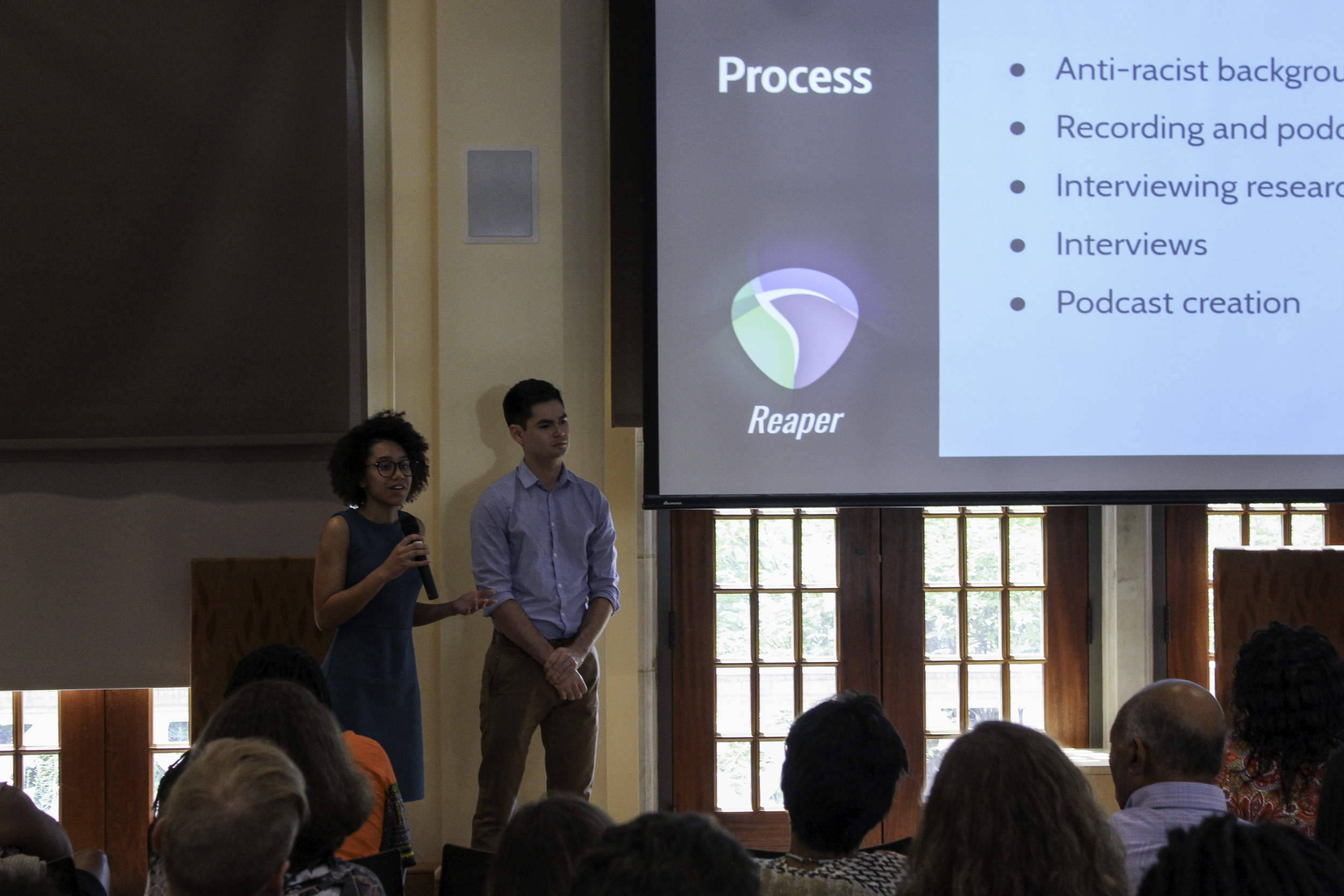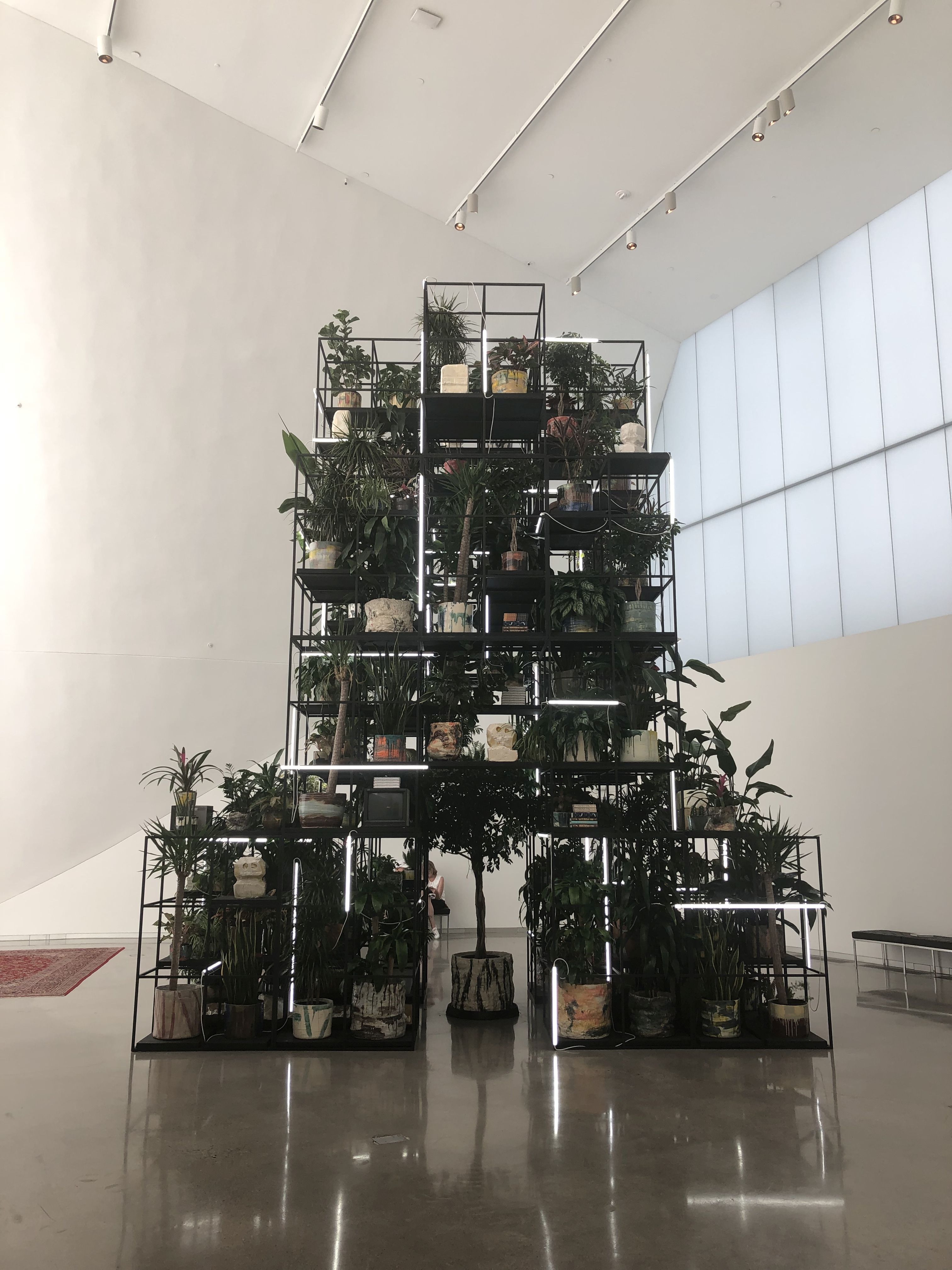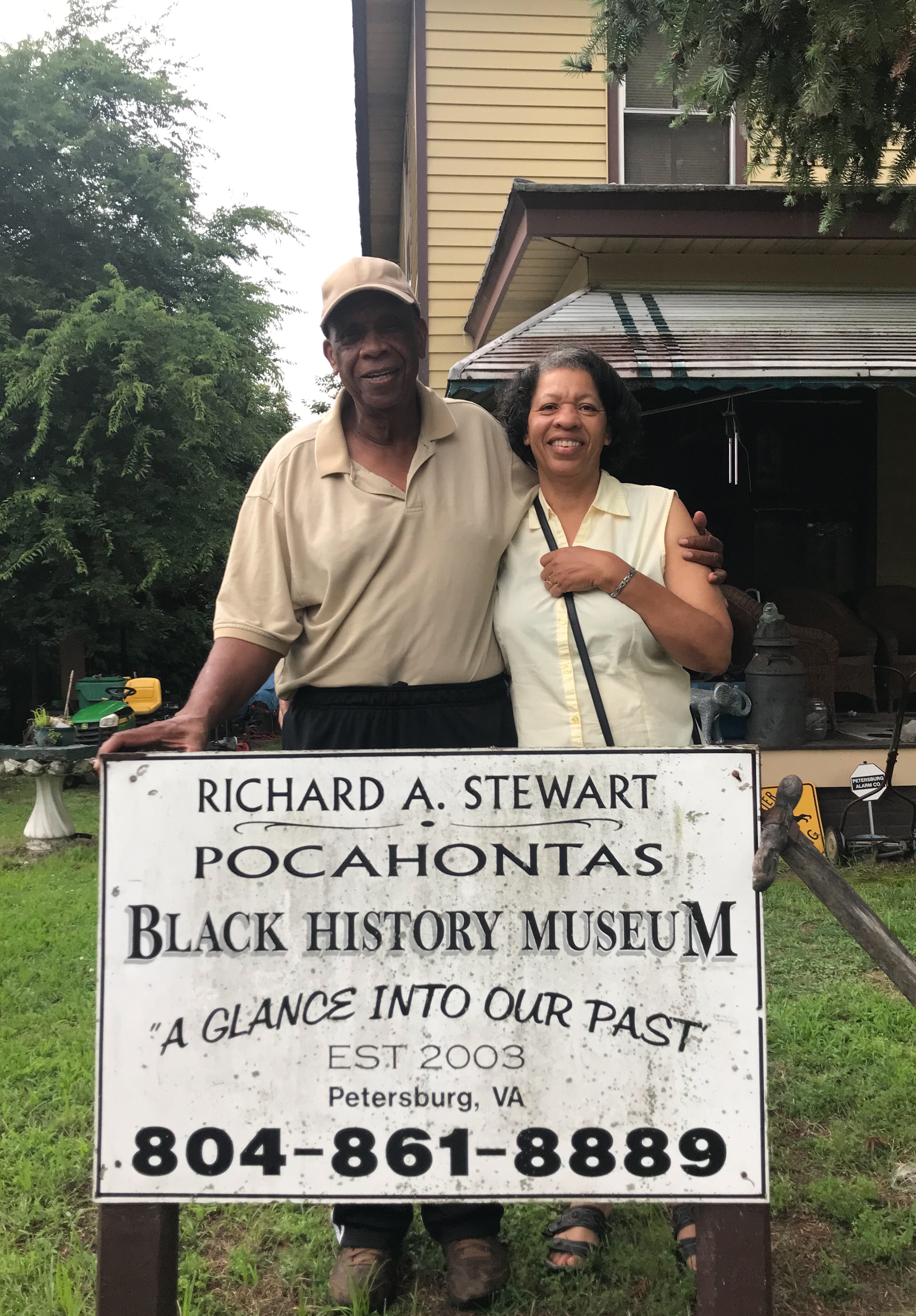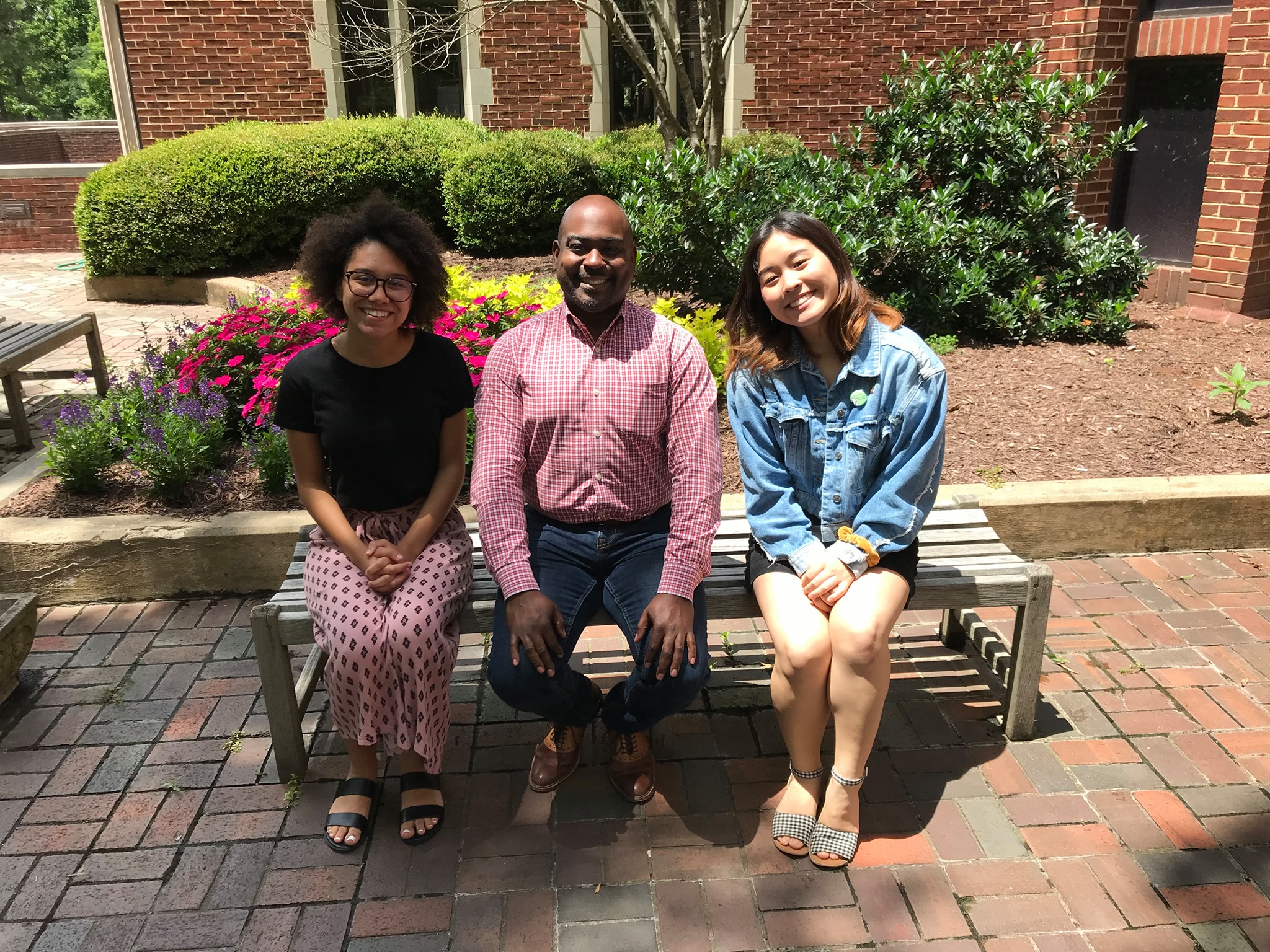by Shira Greer
Shira Greer is a rising sophomore from Fairfax, Virginia majoring in Political Science and minoring in Women, Gender, and Sexuality Studies. This is her first summer working with the Race & Racism Project. On campus she is also a Richmond Scholar, an Oliver Hill Scholar, a Peer Advisor and Mentor, and a member of the Executive Council for a Multicultural Space at the University.
Before coming to the University of Richmond, I knew virtually nothing about its history. When applying to different schools, their histories were the furthest thing from my mind: I was only concerned with current academic and extracurricular offerings and of course, financing my education. Upon my arrival to campus, I was still clueless about UR’s history, but I soon came to learn more about it. I began hearing about the Race & Racism Project during my first semester and took a cursory look through the website and the student exhibits presented there.
However, it was not until I joined the project that I began to take a deeper look into the project, and therefore the school’s history. In examining the project website, I started with the subject lists. The “Black Power” subject heading was the first to catch my eye, as after attending UR for a year I couldn’t imagine the Black Power movement having much effect on UR’s campus. While my suspicion proved correct, I was surprised to find that Dick Gregory gave a lecture on campus in 1970, then again in 1973, despite alumni backlash after his first appearance. Learning about his unexpected appearances on campus reminded me how much I still don’t know about this university, yet a quote from Gregory’s lecture reminded me how little our social circumstances have changed. During his lecture, he told the students in attendance “You are going to be the group that is going to solve this country’s problems, or this country is going to fall,” a sentiment that is still repeated to my generation today. This similarity reminded me of the adage “there is nothing new under the sun,” which I found rang true throughout my dive into the Race & Racism website.
Read more
 Now that my work this summer on the project is done, I can reflect on the experience of being on Team Oral History. At the start of the summer, I was somewhat apprehensive about my choice to join Team Oral History as opposed to Team Archive. I questioned whether I would be good at interviewing and had no clue how I would learn to create a podcast considering my limited exposure to the medium. However, I now can see how much I’ve learned through my work this summer.
Now that my work this summer on the project is done, I can reflect on the experience of being on Team Oral History. At the start of the summer, I was somewhat apprehensive about my choice to join Team Oral History as opposed to Team Archive. I questioned whether I would be good at interviewing and had no clue how I would learn to create a podcast considering my limited exposure to the medium. However, I now can see how much I’ve learned through my work this summer.

 For my first site visit, I chose to go to the
For my first site visit, I chose to go to the 